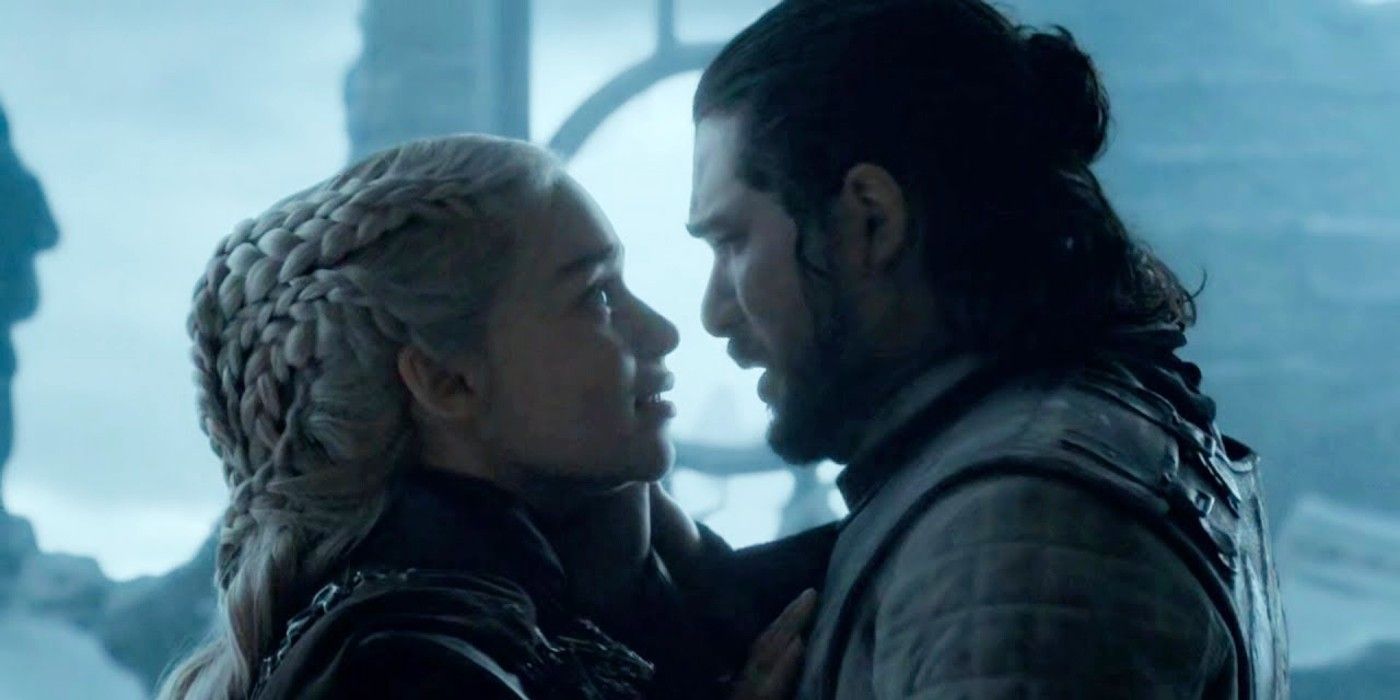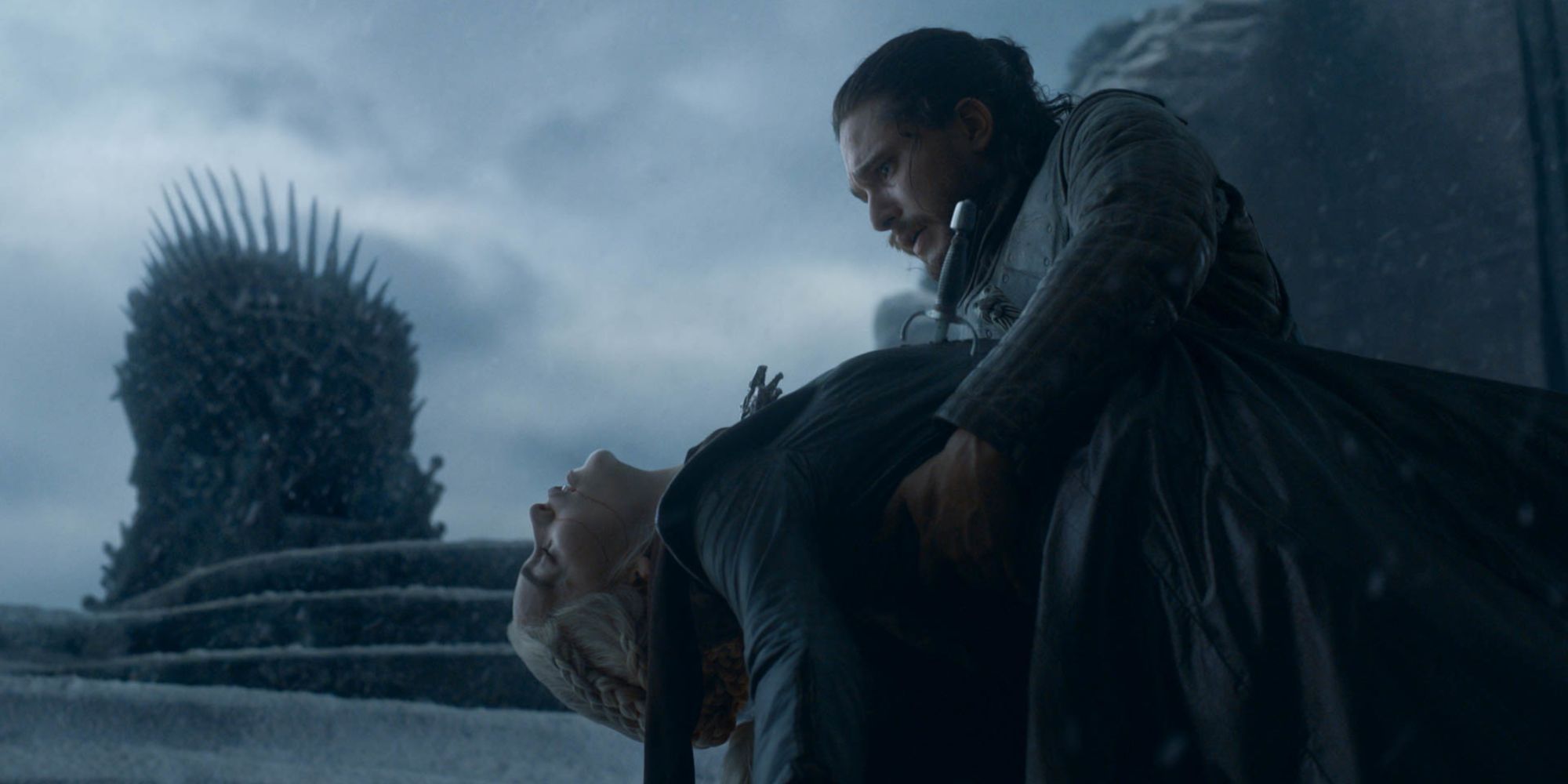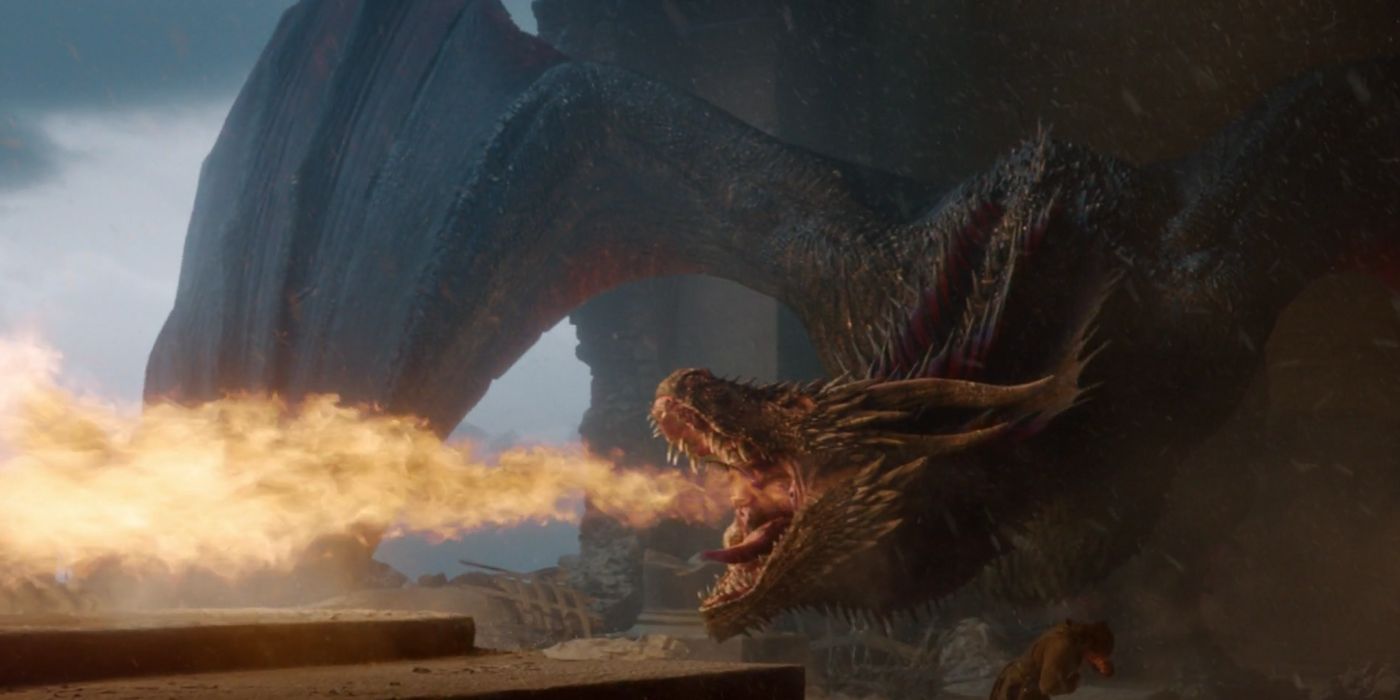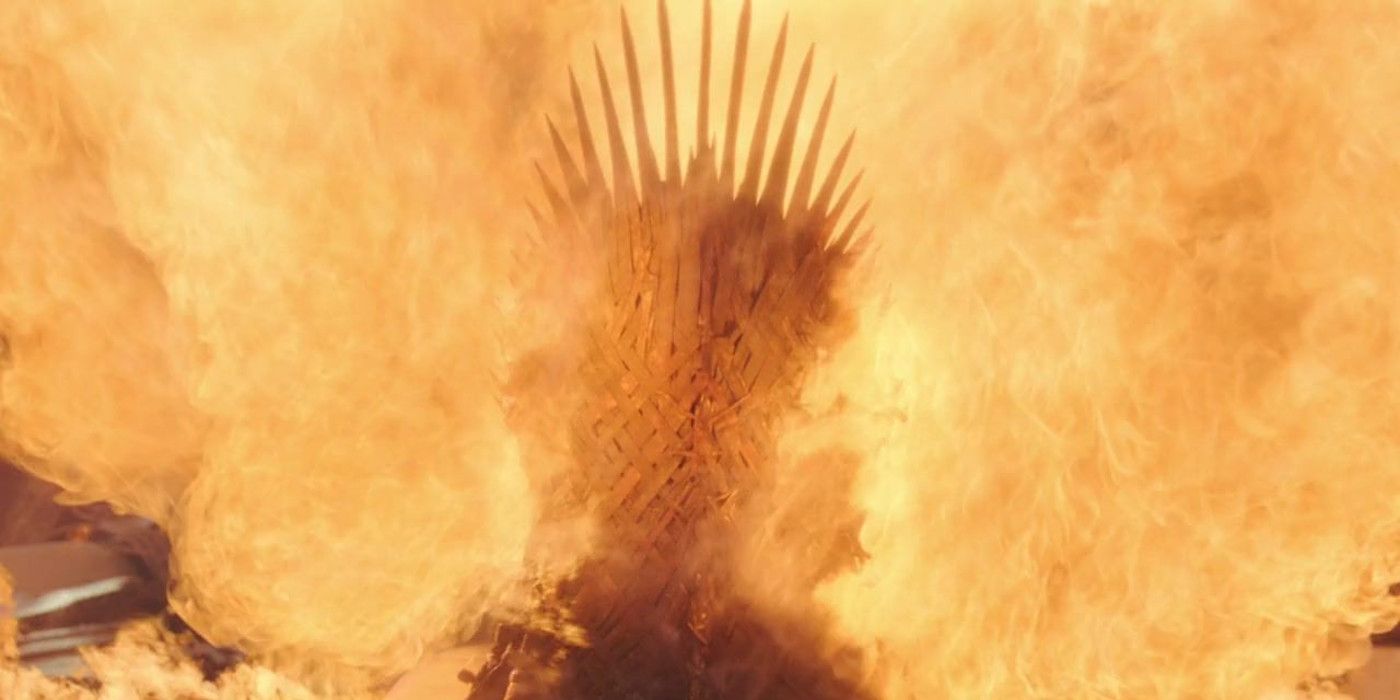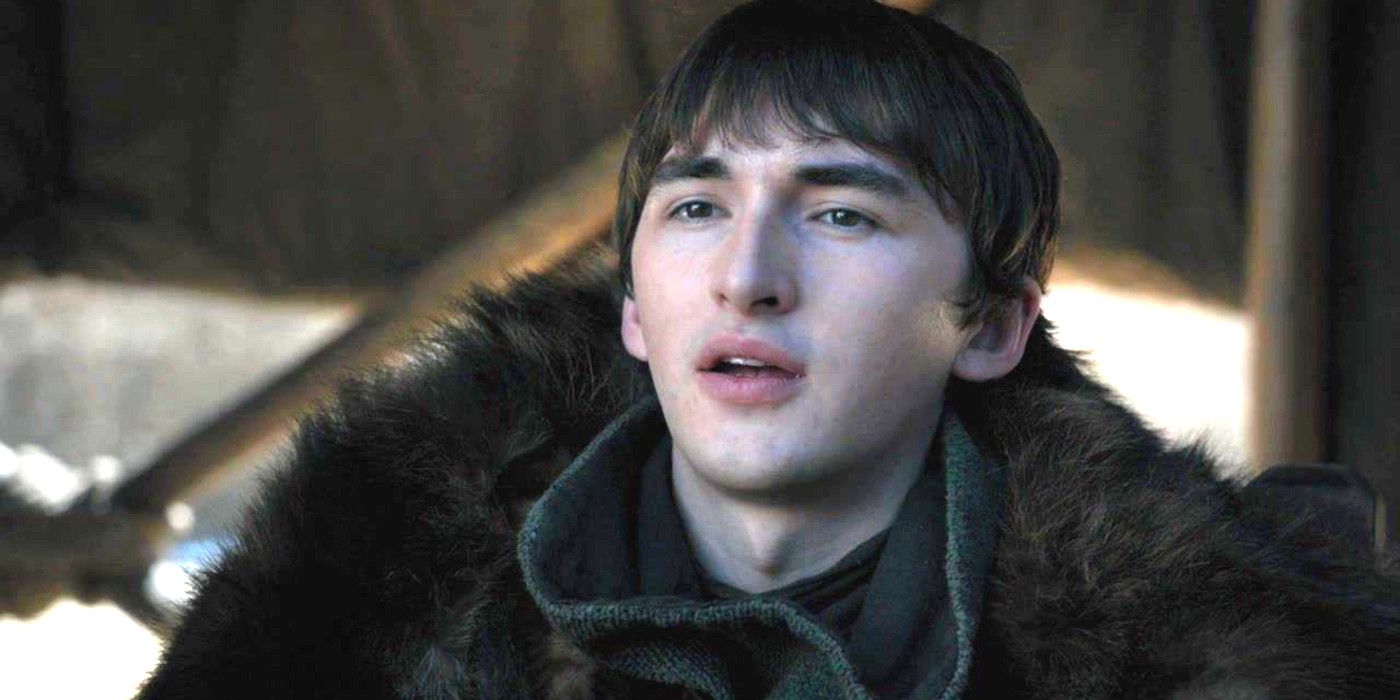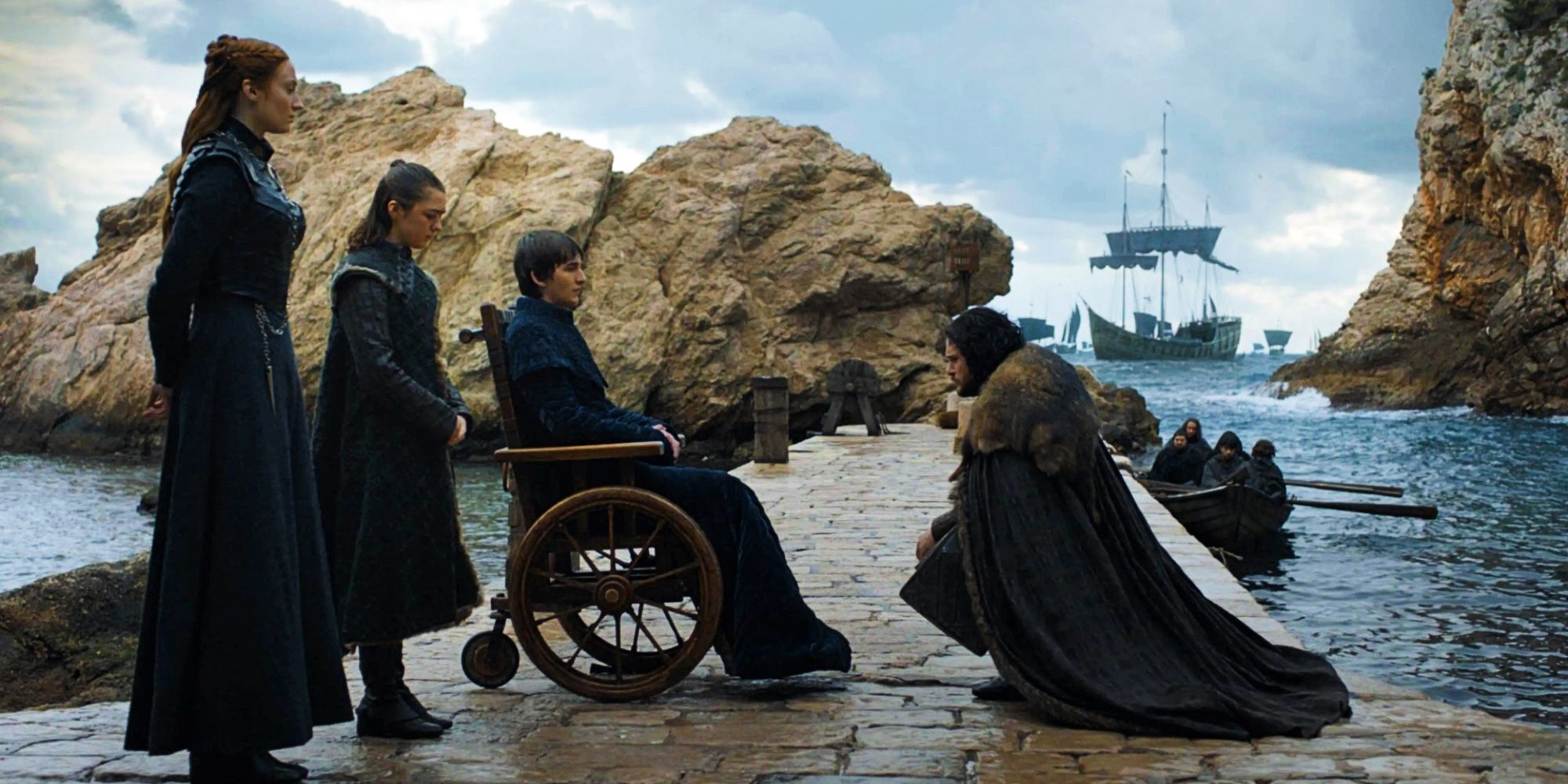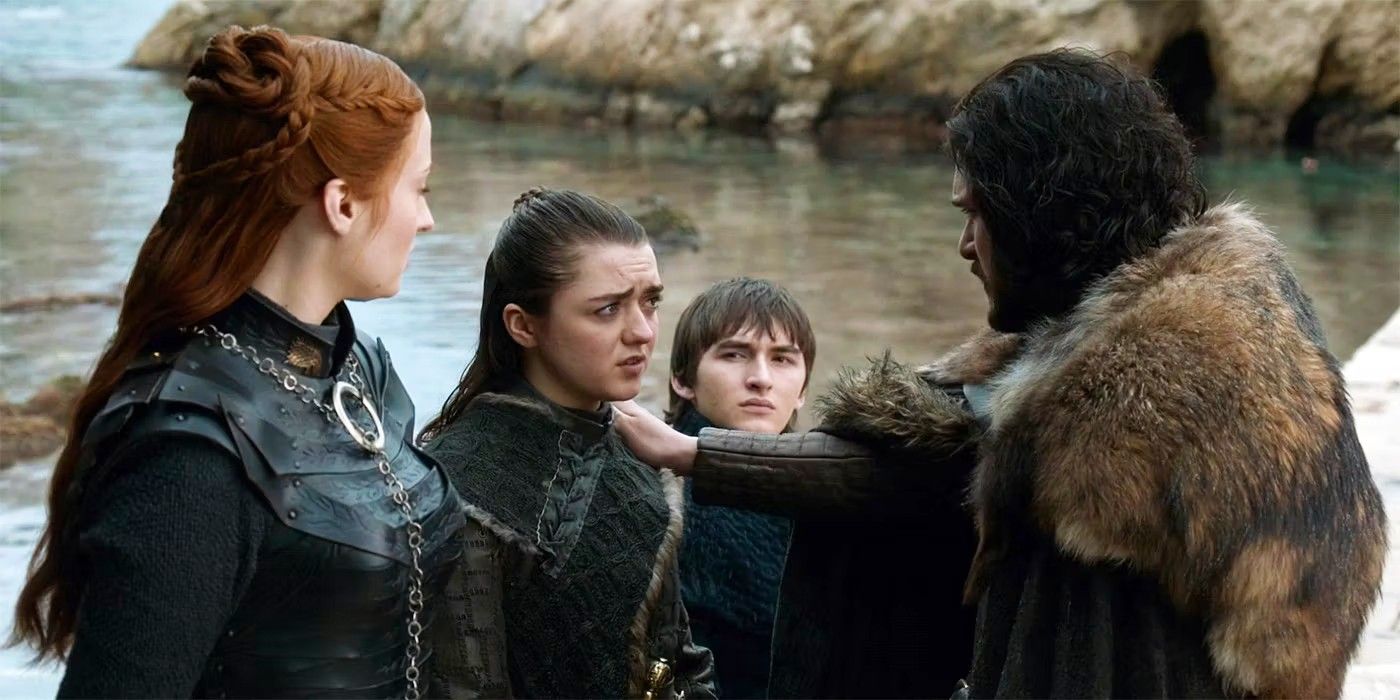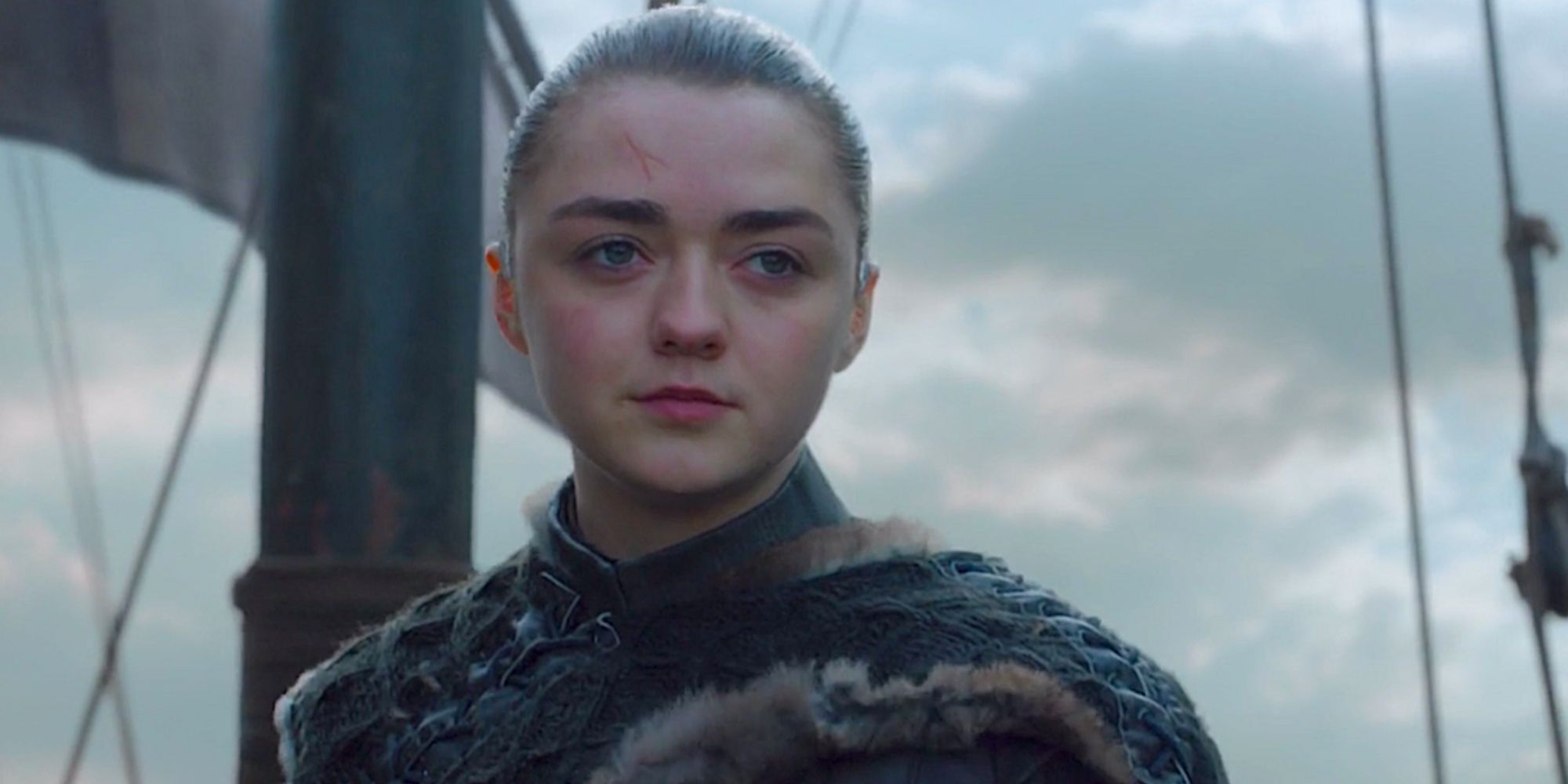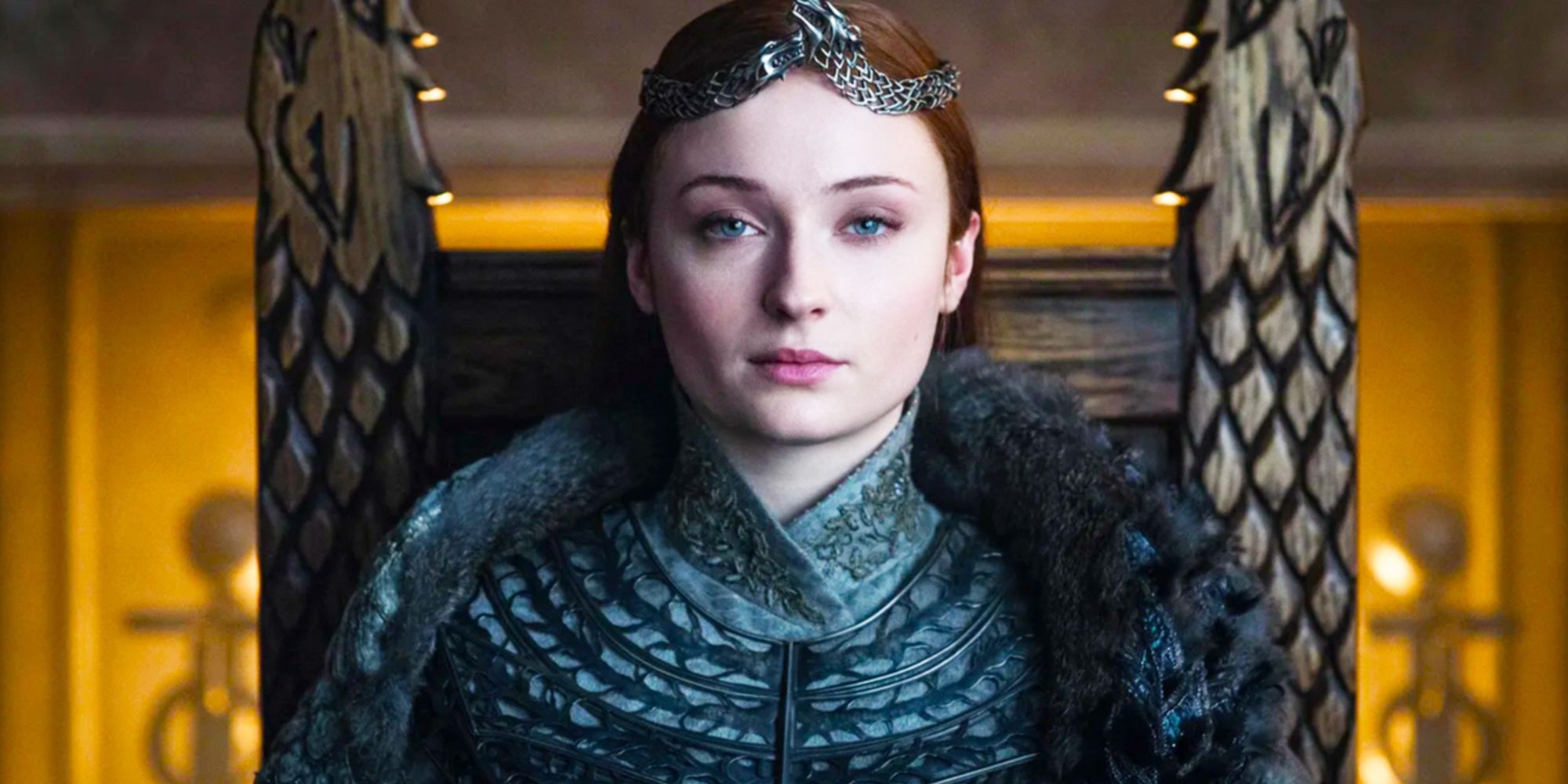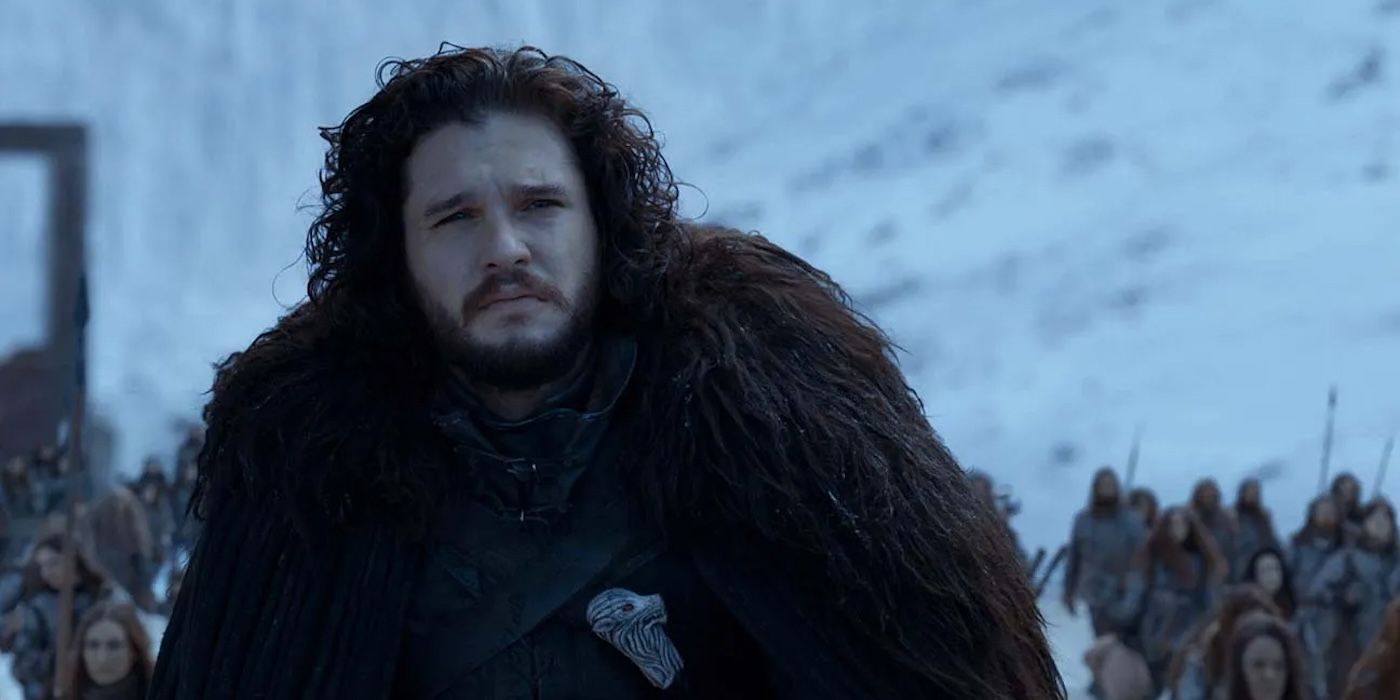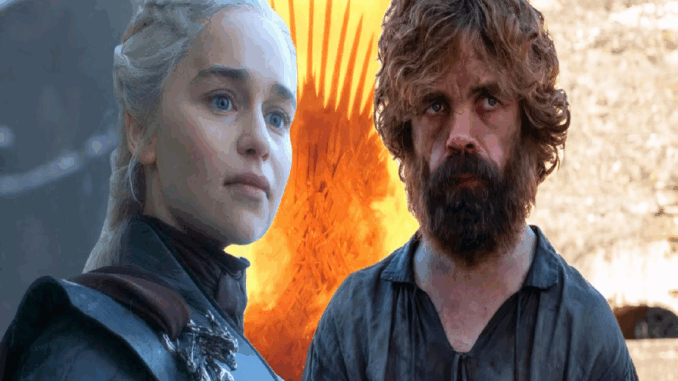
I enjoyed the Game of Thrones series finale at the time, certainly more than most appeared to. Maybe in part because I’m a fool (no arguments here), maybe in part because I likely wouldn’t have the career I did then (and still do) without finding success covering the show years earlier, but mostly because, well, I think it’s great, well-earned, narratively satisfying, and thematically-rich. Five years on, after several rewatches and, importantly, being removed from the intense cultural conversation around it, the finale has only got better.
The Game Of Thrones Backlash Was Understandable, But Too Extreme
There Were Problems, But The Level Of Vitriol Went Too Far
Game of Thrones’ ending, and the season 8 episodes that preceded it and started the backlash, were not perfect. Far from it. My point here is absolutely not to argue there weren’t flaws – there were plenty. The pacing was far too quick. The decision to have only six episodes was the wrong one (although I’d argue season 7 suffered even more from its truncated run, yet without the same controversy). Choices like Daenerys’ “Mad Queen” turn and King Bran Stark were big swings that, by their nature, would’ve been divisive even if they had been given more time.
Nonetheless, the backlash was overblown. The discourse, especially the more personal criticism and abuse aimed at people involved in the show, veered into ugly territory, albeit from a vocal minority. Putting forth a positive opinion wasn’t a conversation starter (long one of the joys of covering the show), but instead a prompt for insults (break out the violins, eh), because those driving the online conversation were so fired up and angry. And some of that ire was understandable, some of it was not, and it’s important to take a step back and look at things again.
Game Of Thrones’ Series Finale Is Better On Each Rewatch
Each Viewing Of “The Iron Throne” Improves It
The same is true of Game of Thrones’ series finale, “The Iron Throne,” which I’ve revisited a handful of times (outside those first bleary-eyed, back-to-back viewings at around 2-5am UK time in May 2019). It’s certainly an episode where being prepared helps. Where Bran becoming King is less “WTF?!” and “Did I hear that right?” and more something you can actually understand (if upholding the rigid political structure of Westeros, then someone who doesn’t want for power and can see and learn from past mistakes really isn’t a bad idea at all).
There’s some stunning work across the board here – acting, VFX, costumes, production design, score, and so on – that doesn’t get the praise it deserves…
Obviously, this won’t be the case for everyone, but I find that I like the finale – and love a large portion of it – more each time I rewatch it. If you’ve given it a second chance (or even more) and still dislike or even hate it, that’s fair enough. But if you haven’t revisited it since 2019, it is worth doing so. There’s some stunning work across the board here – acting, VFX, costumes, production design, score, and so on – that doesn’t get the praise it deserves because the writing is so derided, and it’s worth revisiting for those elements alone.
The Game Of Thrones Series Finale’s Biggest Twists All Hold Up
Daenerys’ Death & King Bran Do Make Sense
While a lot of Game of Thrones season 8, episode 6, “The Iron Throne” was tying things up, there were also some major twists as well. Daenerys was killed, the Iron Throne was destroyed, Bran Stark became King, and Robin Arryn apparently “got hot.” Three of those, at least, were moments that sparked discussion, debate, and, at best, division, but that doesn’t mean they didn’t work, especially with the benefit of hindsight (through which almost everything looks better, of course).
Daenerys Targaryen Is Killed By Jon Snow
Arguably the biggest twist came in Game Of Thrones’ penultimate episode, “The Bells,” in which Daenerys Targaryen burned King’s Landing with her last remaining dragon, Drogon. In the finale itself, of course, Dany doubles down on that turn, and then is killed by her lover/nephew, Jon Snow. It’s a tragic end for a character who had been one of the show’s great heroes, but it was – and remains – fitting one.
Having arrived in Westeros and failed to be loved, then having lost those closest to her, and discovered her new lover is a threat to her claim (even if he insists he doesn’t want it), then it makes sense Daenerys would have to choose “fear,” like so many Targaryens had before her, and with that means having to pay the ultimate price. It would’ve been difficult to have Dany take the Iron Throne without those things, but in doing so, it also meant the series couldn’t end with her as Queen.
Daenerys is the tragic, doomed hero of her own story.
With that, having Jon Snow be the one who kills her is a no-brainer. She feared he would take the Iron Throne from her, and he did – just not the way she thought. It allowed their stories – both as individuals and their brief romance together – to be a grand tragedy.
It’s also a powerful mirror of what happened to Daenerys’ father, the Mad King Aerys II Targaryen, killed by someone loyal to them for the greater good. For Jon, it was another example of him being a true hero, made all the more painful by this being the second time he had chosen duty over love, and the second time he lost the woman he cared so deeply for.
Dany long thought she was the last Targaryen, and was killed by another; Jon, who never knew his lineage, embraces his Stark side by doing what duty demanded of him. It definitely would have benefited from more episodes to play out, but it’s a brutal, poetic, and fitting fate all the same.
Drogon Burns Down The Iron Throne
Did Drogon mean to burn the Iron Throne in Game of Thrones’ series finale? Unfortunately, according to notes in the script by David Benioff and D.B. Weiss, no. Instead, they say it was “not the target” of Drogon’s fire, but just “a dumb bystander.” Which, admittedly, much like comments such as “Dany kind of forgot about the Iron Fleet,” does not help season 8’s case. However, intent does not necessarily rule out interpretation.
Bran Stark Becomes King
A common point of criticism is Tyrion’s line, “who has a better story than Bran the Broken?” That’s understandable, because he was never the most entertaining character. More egregiously (and this, to me, is a far worse choice than having him become King) is that Bran was missing from Game of Thrones season 5 completely. At the same time, it makes perfect sense why Tyrion – and so, too, George R.R. Martin – would see Bran that way, having always had a soft spot for “cripples, bastards, and broken things.”
Bran becoming King (along with the Iron Throne being destroyed) is probably the closest that Game of Thrones could come to truly breaking the wheel.
So, Bran the Broken is also the man who breaks the wheel, sort of. Certainly, he cannot father children, which means there’ll be no more direct succession via family lineage. Each new King or Queen will be elected, a huge change for Westeros. He is also, as mentioned, someone who does not want power, which doesn’t always make for a great King (see: Robert Baratheon, who led a rebellion but didn’t really want to rule…), but there’s a difference between not lusting for power and not ruling at all.
It was particularly powerful to have Sansa Stark, who had stood and watched as her father was killed in the South, and been through so much because of one King, be the one to force through that change for the North.
That it comes alongside an independent North is also part of a great change to the Seven Kingdoms of Westeros’ political landscape, further breaking away from the systems that had been in place the past 300 years or so. It was particularly powerful to have Sansa Stark, who had stood and watched as her father was killed in the South, and been through so much because of one King, be the one to force through that change for the North.
The Final 15-20 Minutes Of Game Of Thrones Are Near-Perfect
The Fates Of The Starks In “The Iron Throne” Are Great
Once the major twists are out of the way, “The Iron Throne” gets to what is truly Game of Thrones’ ending, and it is, fittingly, focused heavily on the Starks. It’s with them the show started. They’re the heroes we rooted for the most, the ones who deserved some kind of happy ending, although what they got was – even more fittingly, and better suited to George R.R. Martin’s story – bittersweet.
There’s good stuff in here elsewhere, too. Brienne of Tarth finishing Jaime Lannister’s White Book entry is a touching, er, touch, and the Small Council scene has some winning banter among a collection of some of the show’s best characters (especially Bronn). But it is with the Starks – Jon, Sansa, and Arya – that it really sings and speaks to the heart.
Sansa, after all she’s been through and how much she’s developed as a political force, becoming Queen in the North is a beautiful moment that pays off her entire arc (with one of the show’s most stunning costumes to boot). Arya, reconciling her Stark identity with her adventurous spirit, is a wonderful open-ending, perfectly suited to her development, for one of the greatest characters Martin created.
Jon Snow heading North of the Wall, reunited with his direwolf (his little pet of good boy Ghost will live rent-free in my head and heart forever), going to where he truly belongs, carrying scars but with a chance to find peace, is utterly perfect for him (questions of why the Night’s Watch still exists be damned). Watching the Starks part ways now, all getting their rightful ending, still makes me genuinely emotional five years later, probably even more so as I get older and a little more sentimental.
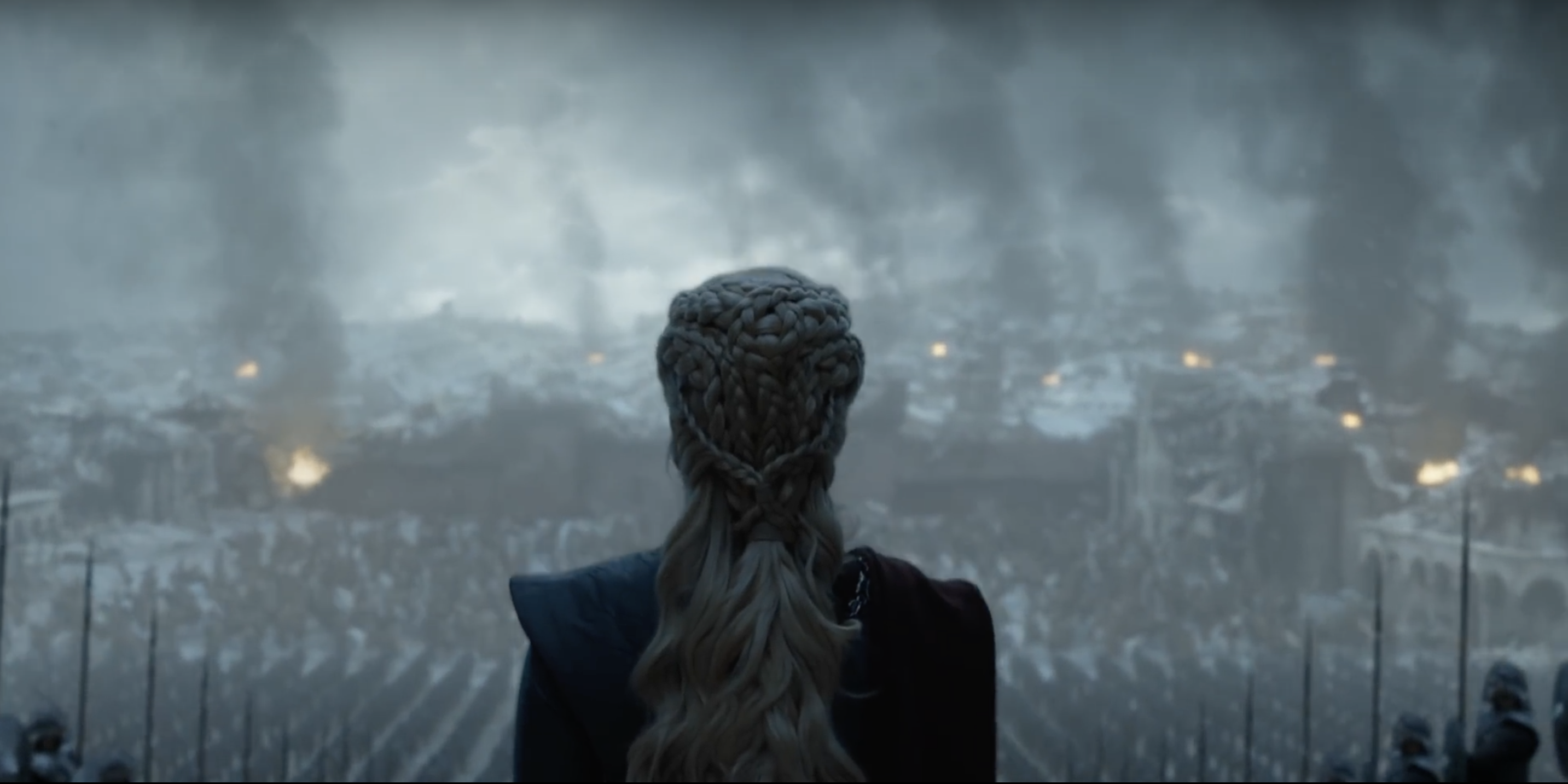
.JPG)
